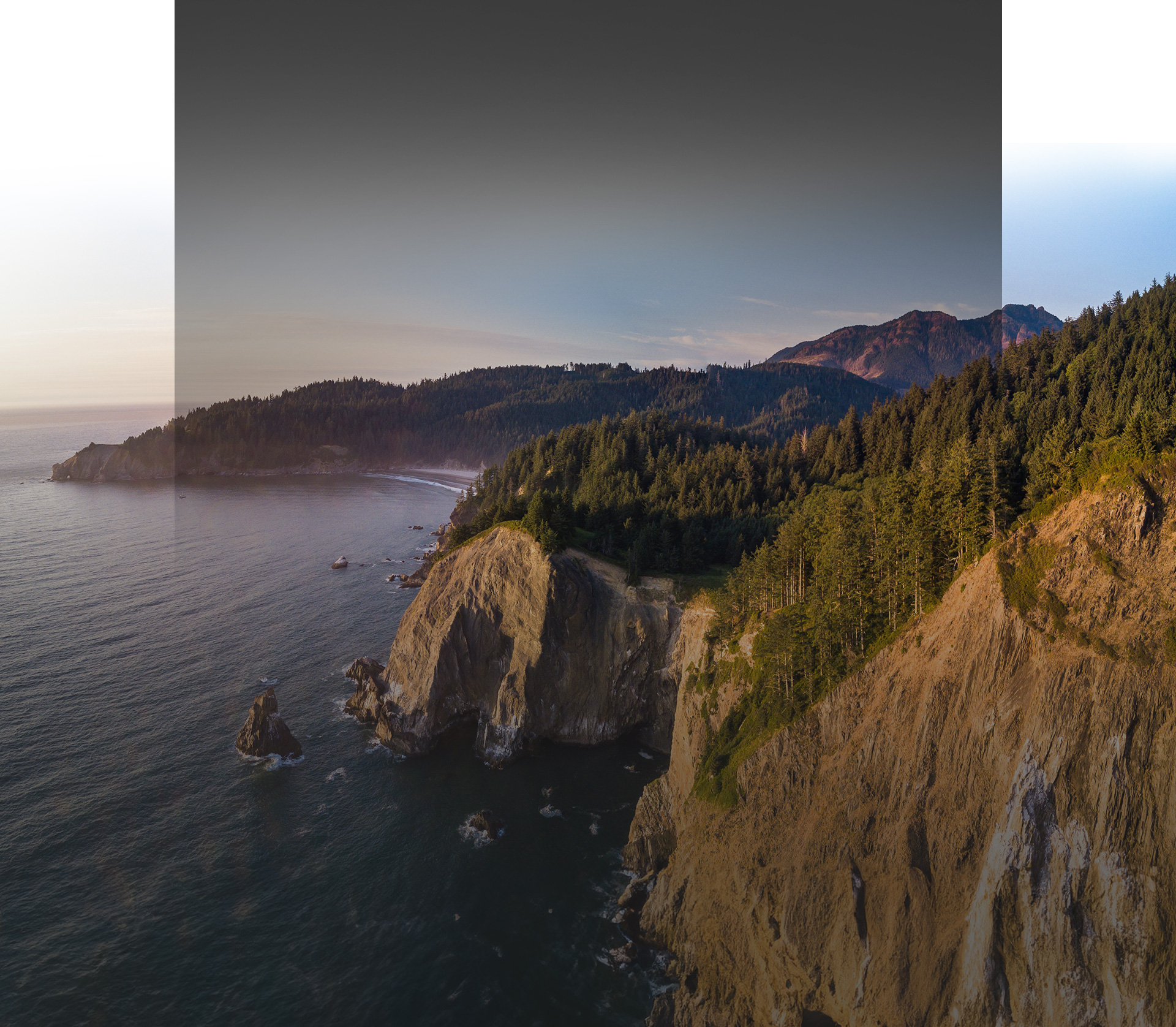When you file a workers’ compensation claim, you might assume the process is pretty straightforward. You were injured, and you need help, so now your employer and their insurance provider step in to offer assistance. Sounds simple, right? But behind the scenes, your employer or insurance company may be closely monitoring you—literally.
Surveillance during a workers’ compensation case is more common than many people realize. Employers and insurers often use various monitoring tactics to verify claims and minimize payouts. Here's a look at what this means, why it happens, and how it can influence your case.
Why Employers Use Surveillance
Companies and insurance providers have one main goal during a workers' compensation case—keep their costs down. Unfortunately, this sometimes means treating claimants with suspicion. Surveillance gives them a way to look for evidence that your injury isn’t as serious as you claim, or worse, that you’re not actually injured at all.
For example:
- Suppose you’ve hurt your back at work and claim to be unable to lift heavy objects. If surveillance catches you unloading groceries or helping a friend move, your employer may argue that your injury doesn’t align with your activities.
- Similarly, imagine you’re seen doing something as simple as jogging or playing with your kids at the park. Even if your doctor encouraged light exercise as part of your recovery, insurers might try to use this as evidence to question your claim.
While these scenarios might feel invasive (and unfair), employers and insurers want to minimize the potential for fraud, even if it means treating honest claimants with skepticism.
Types of Surveillance Used in Workers’ Compensation Cases
You might be wondering, "How could my employer be watching me?" Surveillance can take several forms, some of which may surprise you:
1. Physical Surveillance
Private investigators are often hired to physically follow claimants. They may sit outside your home, watch your daily routines, or track you to public places. Their goal? Capture photos or videos that seem to contradict any restrictions outlined in your claim.
2. Social Media Monitoring
Think your Facebook, Instagram, or TikTok page is off-limits? Think again. Employers or insurers often scour social media profiles to look for posts that could be used against you. A simple photo of you at a family barbecue might be scrutinized to determine if you appear in pain or in a restrictive state.
3. Workplace Monitoring
Employers might be monitoring their employees at work even before an injury occurs. Security cameras, time-clock records, and even keycard data can be reviewed to dispute claims. If there’s footage of you lifting heavy materials or engaging in physical activity before your reported injury date, it could complicate your case.
4. Digital Tracking
Some employers track company-issued devices like phones or laptops. While this isn’t always used in workers’ comp cases, digital footprints from work emails, chats, or GPS data could potentially be examined.
How Surveillance Can Impact Your Claim
Surveillance can create major hurdles for workers trying to secure compensation they deserve. If an investigator captures what they perceive as “contradictory evidence,” insurers may:
- Deny your claim outright.
- Offer a reduced settlement.
- Delay or complicate the process by requesting further investigations.
The catch? Surveillance footage or pictures are often open to interpretation. For instance, lifting a lightweight grocery bag doesn’t necessarily mean you can perform heavy lifting on the job. However, insurers may try to spin such evidence to their advantage. Knowing this, workers need to be prepared.
Tips to Protect Your Privacy and Claim
You're not alone if you’re worried about surveillance during your workers’ compensation case. Here are some steps you can take to safeguard your rights and privacy:
1. Follow Your Doctor’s Orders
Stick to the recovery plan provided by your physician. If your doctor recommends restrictions, stay within them—even during routine activities. This ensures there’s a clear medical record supporting your case.
2. Be Cautious with Social Media
Avoid sharing anything that could be misinterpreted. During a workers' comp case, it’s best to stay off social media altogether or set your profiles to private. Even then, assume that your employer or insurer could eventually see anything you post.
3. Act Consistently
If you claim you can’t bend or lift heavy items, don’t engage in such activities—even casually. Insurers quickly pounce on inconsistencies between your reported limitations and your behavior.
4. Know Your Rights
Surveillance has limits. Employers or investigators cannot enter your private property, bug your devices, or violate laws to collect evidence. If you suspect unfair or illegal surveillance practices, consult an attorney immediately.
5. Document Everything
Keep a record of your symptoms, medical appointments, and workplace communications. Thorough documentation can help counter unfair claims if surveillance evidence is used against you.
Workers’ Compensation Attorneys
If you have any concerns about surveillance during your workers’ compensation case, it’s important to consult with an experienced workers’ compensation attorney. Our team at Palace Law can provide guidance and protect your rights throughout the legal process. Contact us today at (253) 544-5935 to get started.





